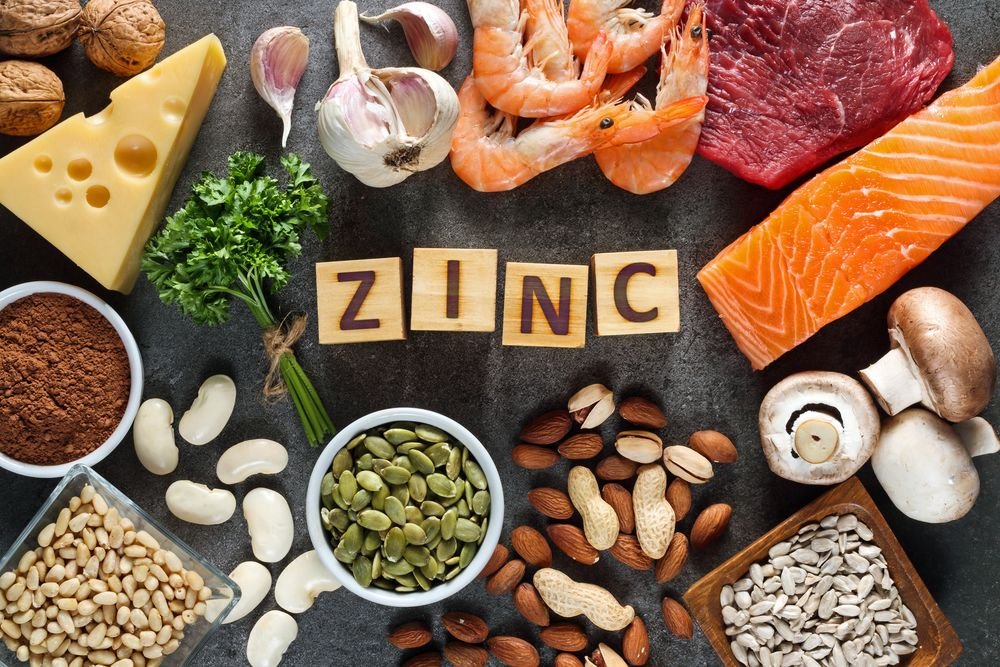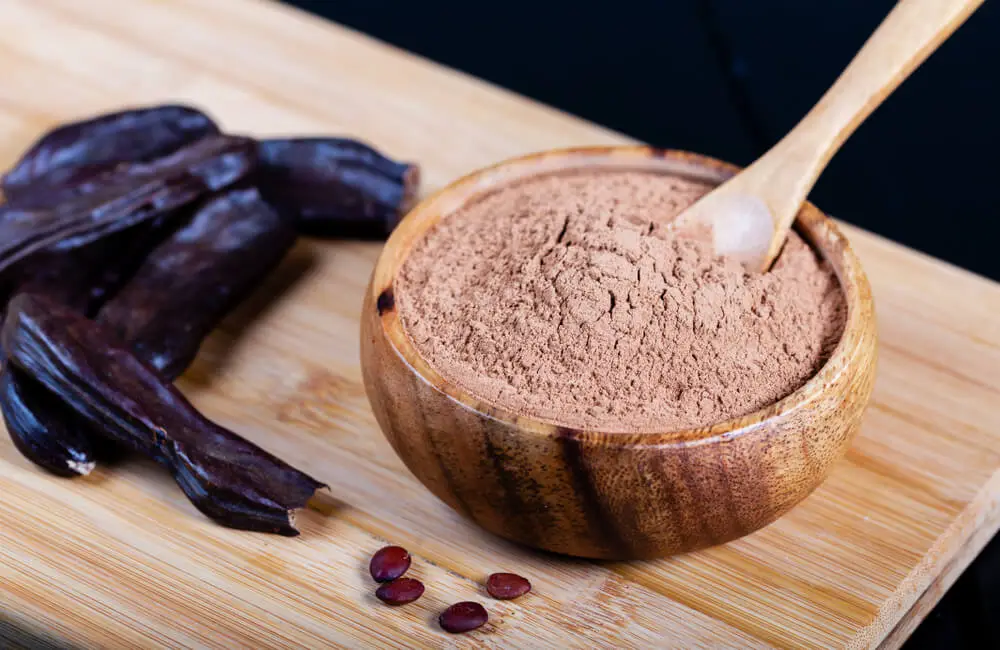
Zinc is one of the most essential minerals for human health, especially when it comes to strengthening the immune system. In today’s world, where viral infections pose constant threats to our well-being, understanding how zinc supports immune defense is more crucial than ever. This trace mineral doesn’t just play a minor role—it’s a cornerstone of immune health. From helping immune cells function properly to reducing the duration of colds, zinc’s benefits are both profound and scientifically proven.
For many people, zinc often goes unnoticed in their health routines, overshadowed by more popular supplements like vitamin C or echinacea. However, as research continues to reveal the importance of zinc for immunity, it’s clear that this humble mineral deserves a spot in every natural health arsenal. Its antiviral properties, ability to support immune cell activity, and role in reducing inflammation make it indispensable for combating various viruses.
If you’ve ever wondered how to strengthen your immune system naturally, zinc may be the missing puzzle piece. In this in-depth article, we’ll explore how zinc works to protect you against viruses, the key signs of deficiency, the best food sources, and supplementation tips to optimize your health. By the end, you’ll have a clear understanding of why zinc is critical for immune defense and how to make it a part of your daily wellness routine.
How Zinc Supports the Immune System
1. Activating Key Immune Cells
Zinc plays a direct role in activating immune cells, particularly T-cells, natural killer (NK) cells, and macrophages. These are the “soldiers” of the immune system, seeking out and neutralizing viruses before they can take hold in the body. Without adequate zinc, these cells struggle to function efficiently, leading to a weakened immune response.
- T-Cells: T-cells are responsible for identifying and destroying virus-infected cells. Zinc is essential for their development, differentiation, and activation.
- Natural Killer Cells: NK cells patrol the body, identifying abnormal cells, including virus-infected cells. Zinc enhances their cytotoxic activity, allowing them to neutralize threats more effectively.
- Macrophages: Macrophages engulf and digest pathogens. Zinc supports their ability to “eat” viruses and prevents viral replication in host cells.
2. Reducing Inflammation
Inflammation is a natural immune response, but chronic inflammation can weaken the body’s ability to fight viruses. Zinc has potent anti-inflammatory properties that help regulate cytokines—small proteins that signal the immune system to respond. During viral infections, cytokine “storms” can cause severe symptoms. Zinc helps balance this response, ensuring it’s strong but not overactive.
3. Inhibiting Viral Replication
Zinc actively interferes with the replication of viruses, making it harder for them to spread in the body. Certain viruses, like the rhinovirus (which causes the common cold), are particularly vulnerable to zinc’s effects. Zinc binds to viral proteins and enzymes, blocking their ability to multiply. This is one reason why zinc lozenges are often recommended at the first sign of a cold—they directly inhibit viral activity in the throat and nasal passages.
Signs of Zinc Deficiency
Zinc deficiency is more common than you might think, especially in certain populations. A deficiency can leave your immune system vulnerable to viral infections. Here’s how to recognize if you’re not getting enough zinc:
- Frequent Illnesses: If you’re constantly catching colds, flu, or other viral infections, you might have low zinc levels.
- Slow Wound Healing: Zinc is vital for tissue repair, so cuts and wounds that take a long time to heal can signal a deficiency.
- Loss of Taste and Smell: Reduced taste or smell has been linked to low zinc, as these senses rely on zinc-dependent enzymes.
- Hair Loss: Zinc plays a role in hair follicle health, so thinning hair or excessive shedding may be a warning sign.
If you’re experiencing these symptoms, it may be worth assessing your zinc intake and considering supplementation.
Top Food Sources of Zinc
Getting zinc from whole foods is one of the best ways to maintain adequate levels naturally. The following foods are rich in zinc and easy to incorporate into your diet:
| Food | Zinc Content (mg/100g) | Health Benefits |
|---|---|---|
| Oysters | 74 mg | Supports immune health, fertility, and brain function |
| Beef | 6.3 mg | Builds muscle, supports red blood cells |
| Pumpkin Seeds | 7.6 mg | Offers plant-based zinc, heart health support |
| Chickpeas | 1.5 mg | Plant-based source, supports digestion |
| Cashews | 5.6 mg | Boosts brain health, provides healthy fats |
Including a mix of animal-based and plant-based zinc sources in your diet ensures you’re meeting your daily needs.
Zinc Supplementation: Dosage and Best Practices
While food is the best source of zinc, supplementation can provide extra support, especially during viral outbreaks. Here’s what you need to know about zinc supplements:
1. Forms of Zinc
- Zinc Picolinate: Highly absorbable form, ideal for daily use.
- Zinc Gluconate: Common in lozenges for cold relief.
- Zinc Acetate: Often used in lozenges and shown to reduce cold duration.
2. Dosage Guidelines
- Daily Requirement: Men (11 mg/day) and Women (8 mg/day), though higher doses are sometimes recommended for immune support.
- Cold Treatment: Zinc lozenges (80-100 mg/day) can reduce the severity and duration of colds.
3. Best Practices for Supplementation
- Take Zinc with Food: Prevents nausea.
- Avoid Overdose: Too much zinc can cause digestive issues and impair copper absorption.
The Benefits of Zinc for Immune Defense Against Viruses
- Shorter Duration of Illness: Studies show that taking zinc lozenges can shorten the duration of colds.
- Reduced Severity of Symptoms: Zinc lessens symptoms like congestion and sore throat.
- Year-Round Protection: Zinc supports ongoing immune health, not just during cold and flu season.
Conclusion
Zinc is undeniably one of the most important minerals for immune health, playing a central role in activating immune cells, reducing inflammation, and inhibiting viral replication. As viral threats continue to impact global health, ensuring your body has sufficient zinc levels has never been more essential. Its role in fighting colds, flu, and other viruses is backed by science, and it’s one of the simplest yet most powerful ways to support natural immunity.
Unlike some trendy supplements, zinc’s benefits are time-tested and well-documented. By prioritizing zinc intake from whole foods like oysters, seeds, and legumes—or through safe supplementation—you can give your immune system the tools it needs to stay strong. When paired with other healthy lifestyle choices, zinc serves as a natural shield against the viral threats that surround us.
If you’ve been looking for a simple, effective way to bolster your immune system, consider adding more zinc to your daily routine. Not only will you be less susceptible to viral infections, but you’ll also enjoy better overall health and wellness. Don’t overlook this powerhouse mineral—it’s one of nature’s most effective defenses against viruses.








